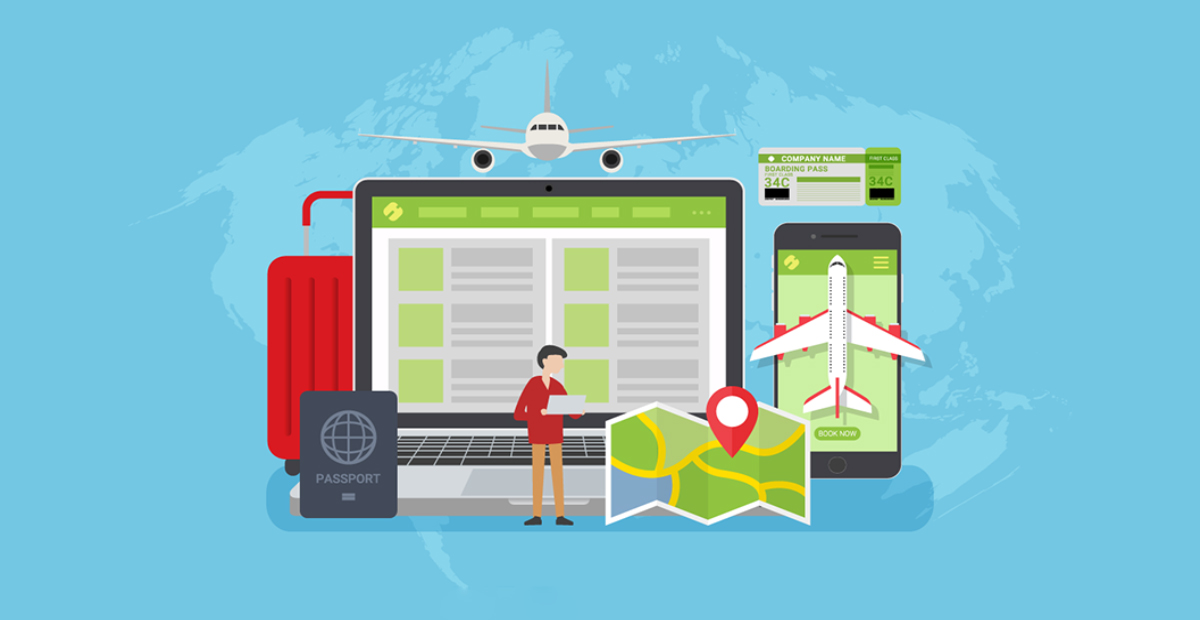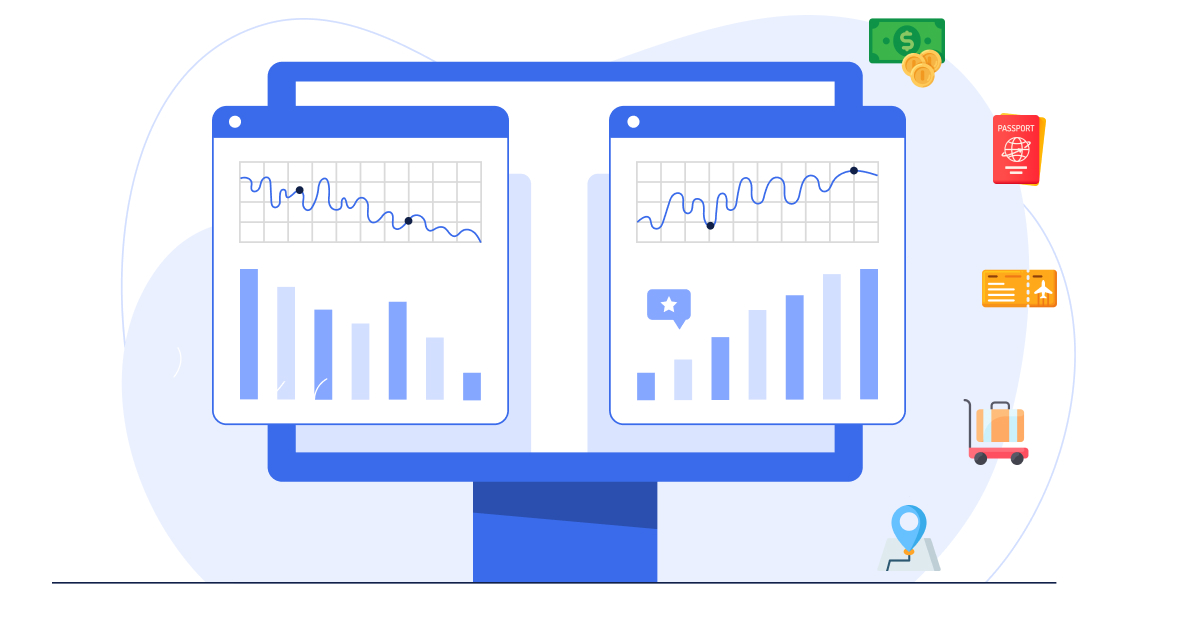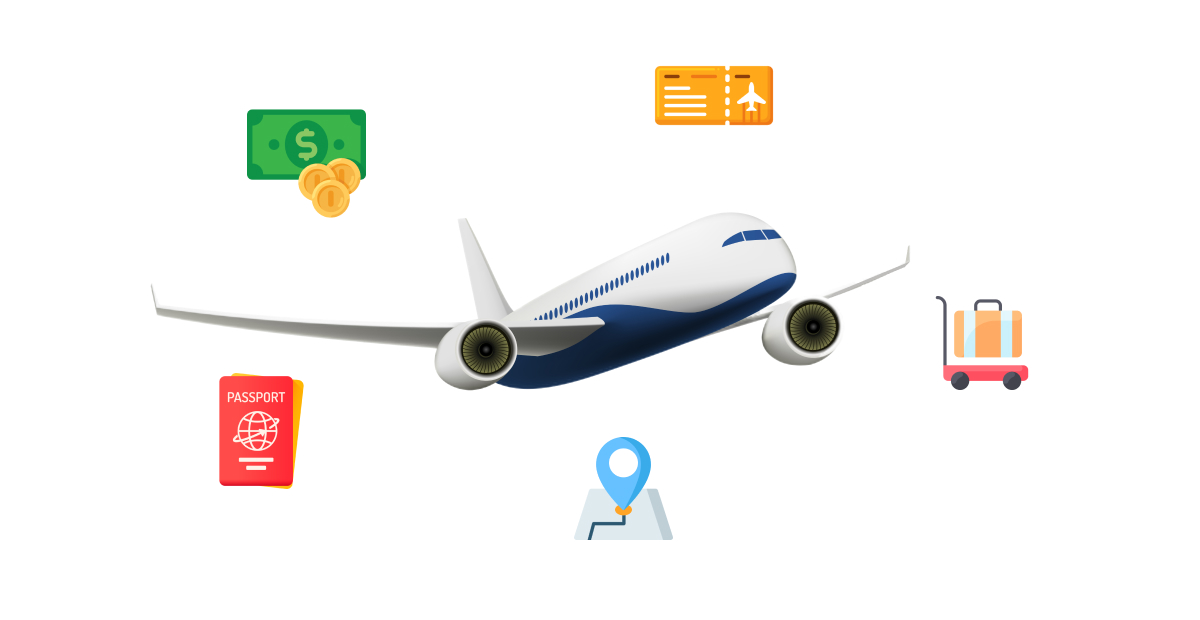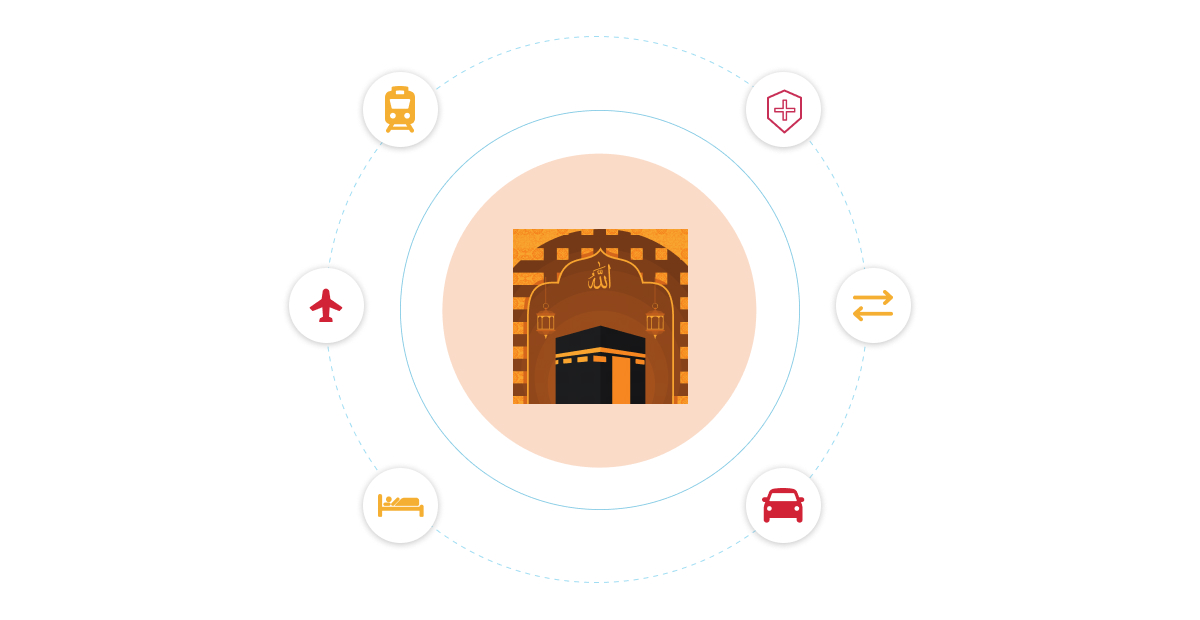
6 Aspects Of Automated Airline Group Bookings You Might Not Know
In the dawning age of AI, we wake up to many AI products and automation that promise to revolutionize the industry. The airline industry is

In the dawning age of AI, we wake up to many AI products and automation that promise to revolutionize the industry. The airline industry is

The airline industry has long relied on Passenger Service Systems (PSS) and Global Distribution Systems (GDS) to support the group booking process. However, most airlines

Airlines worldwide have faced numerous data breaches, compromises, and loopholes resulting from outdated management systems and technical issues. According to IATA, airline fraud costs approximately

Agency wallets are a gateway to many untouched revenue opportunities for airlines. Airlines are returning to profitability in 2023, but the growth percentage is steep.

After the Covid-19 pandemic-induced travel restrictions ended, millions took to the skies, determined to make up for the time they lost without a vacation. This

Given how the airline industry must contend with heavy regulation, wildly fluctuating fuel prices, and many more challenges that threaten it daily, they have strived

In recent years, airlines have increasingly embraced customer-centricity with dynamic and personalized offers. However, airlines are struggling to transition to the modern retailing landscape, especially

Breaking the myths of group booking The recent trend has witnessed the growth of air travel at the rate of 6.2 % globally. Moreover be

Airlines are increasingly flooded with group booking requests, and there is every reason to believe these valuable revenue-generating opportunities are squandered. All thanks to legacy

After months of lockdowns and travel curbs, the aviation sector is on the path to recovery, but profitability seems to be out of reach for

For airlines around the world, developing a comprehensive, 360-degree view of their customers is vital. As the travel industry limps back to normal after a

Long before covid, airlines—especially the budget carriers— have been boosting their operating margins with ancillary revenue. Ancillaries, which are non-ticket sources of revenue for airlines,

Umrah and Hajj pilgrimages are both rapidly growing markets. Since these are trips undertaken by millions of devout pilgrims every year in the holy city

Today’s tech-savvy passengers would like to search and book their flight tickets from the airline websites or other online portals. The process of online booking

Be a business travel or tour, group traveling is always an exciting one. The exhilaration would be much better if the fare and process of

Schedule a Call